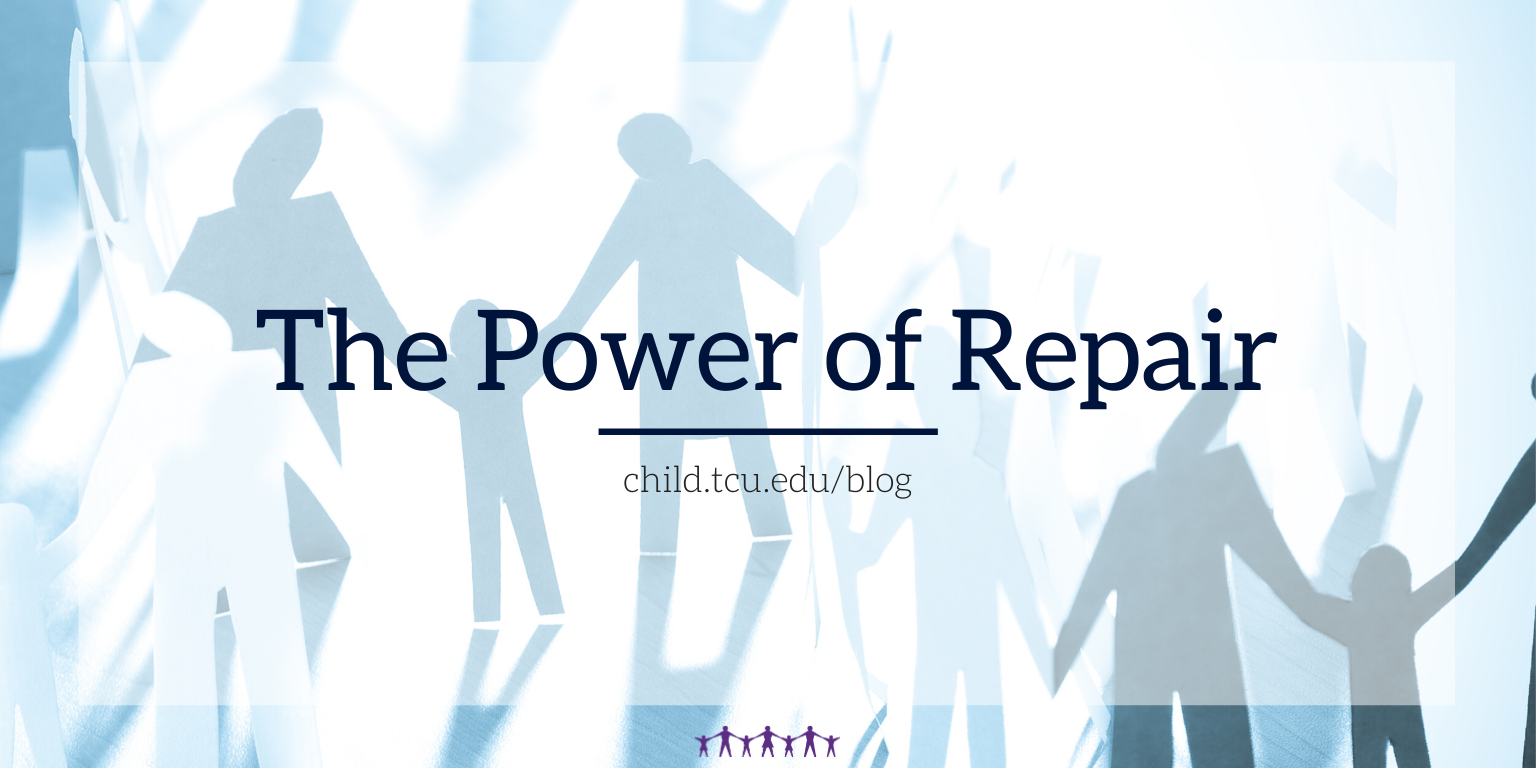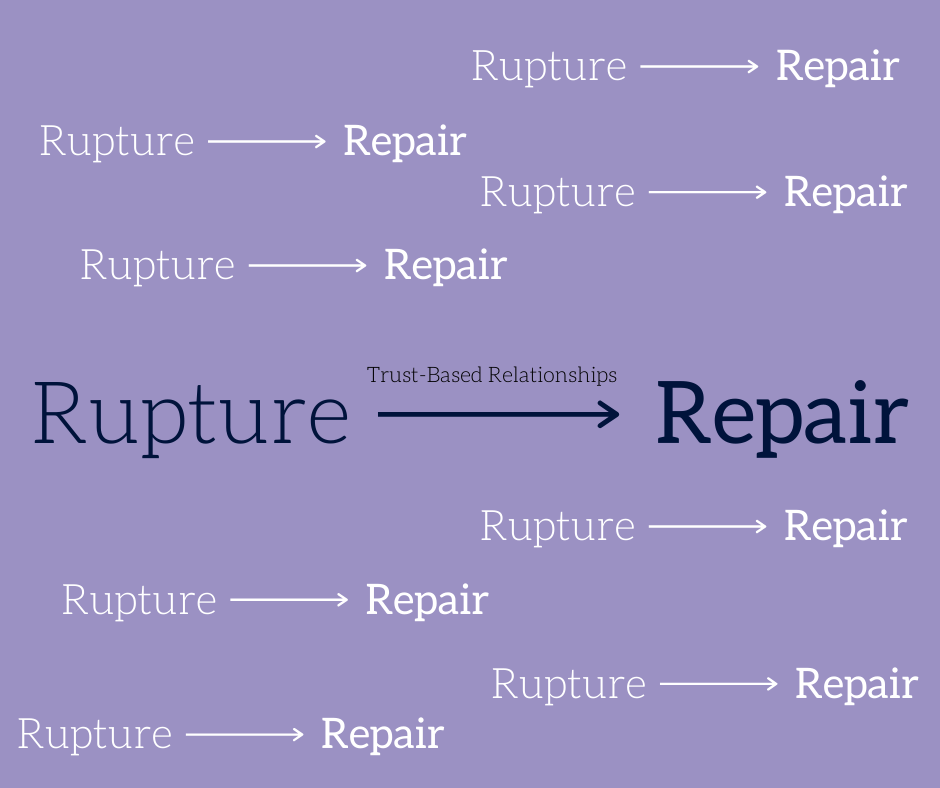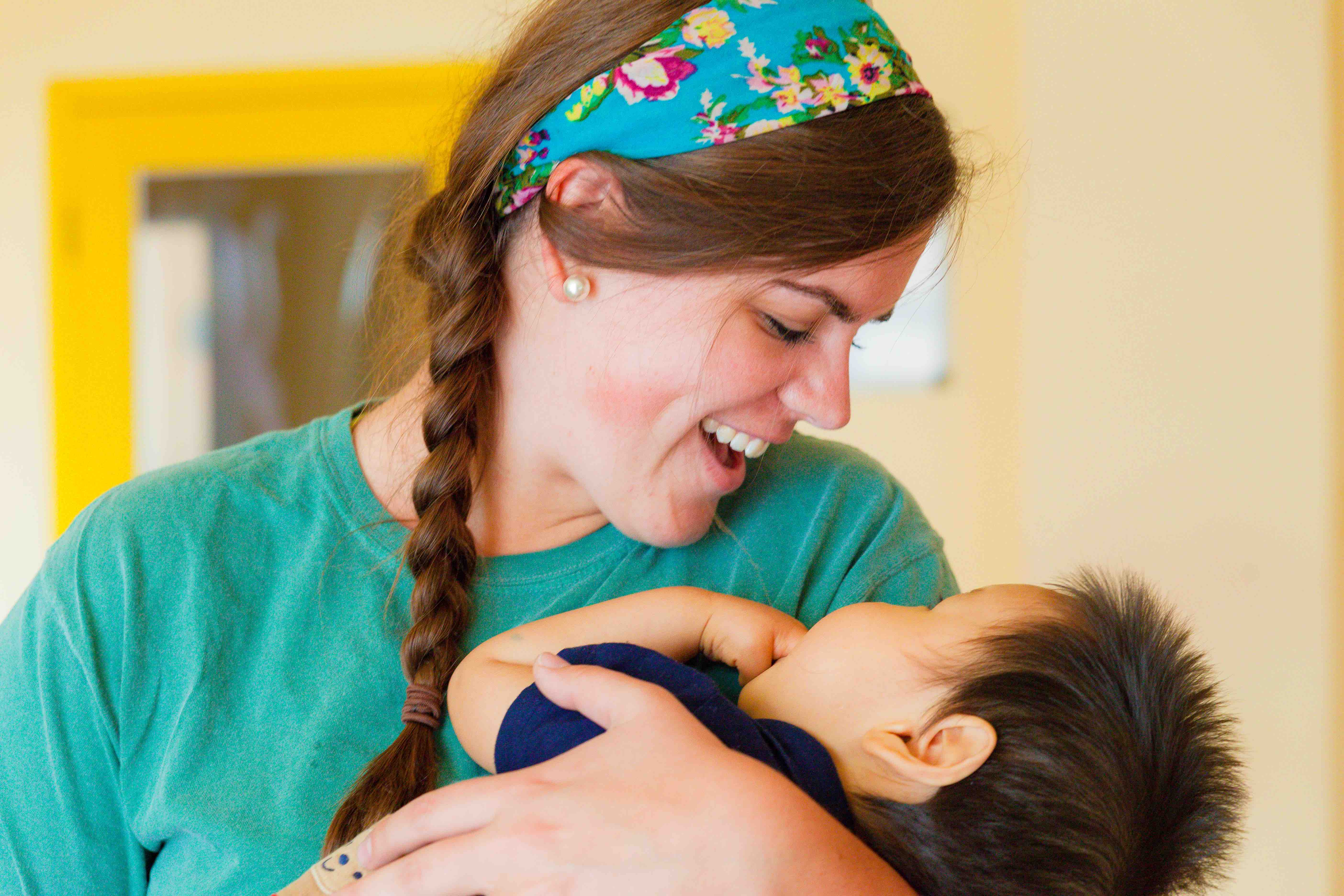
by: Jana Hunsley
I wanted to share some thoughts with some strategies on what to do during the COVID-19 Pandemic– strategies such as how to Trust-Based Relational Intervention (TBRI) your home when you’re all stuck in it. But then, I realized that may not actually be what you need right now, even if that’s the information you’re searching for.
I don’t know about you, but I have been vacillating between just trying to survive this time and figuring out how to actually thrive in the midst of it. There are moments that I think it is not actually possible for me to be stuck in my home for an undetermined amount of time. And then I remind myself that it has to be possible because here we are doing it. So, I begin to overwhelm myself with questions of how I can use this time wisely, how I can be productive and accomplish all the things I need to do while also seeing this time as an opportunity to hunker down, slow down, and just be with the people around me.
But here’s the thing. I have spent all of one day helping my seven younger siblings with e-learning, and I am already losing my mind. Almost all of my siblings receive special education services., and I do not have a clue how my mother is going to manage all of these needs through the end of the school year. But in the midst of the chaos of this day, here is what is abundantly clear:
We all need some grace.
Many of you have at least one child in your family who has experienced early-life trauma. This means that, in the midst of the COVID-19 chaos, their brains and bodies are struggling to manage it all. So much of the world is scared right now. But your children already have histories of loss and trauma, and this sense of fear makes them even more susceptible to struggle right now. We all know your children need structure, routine, predictability, and transitions, to do their best, and all of these things are hard to come by. We know they need physical activity, regular nutrition and hydration, and sensory input to regulate their brains and bodies. And we know that, like always, they need connection and communication for healing to occur. (This is probably not news to any of you – you’re all pros by now!).
But how do we do this work in our homes without the support we are used to? How do we create the ideal holistic, healing environment in the midst of so much unknown, fear, and chaos?
We can’t.
And that’s okay. Consider this to be your reminder that we’re all going to mess up as we navigate life during COVID-19.

You’ve probably heard the phrase “rupture and repair” as it relates to developmental psychology. We often talk about the big rupture and repair in TBRI trainings – the rupture is the early-life trauma your child has experienced and the repair is the healing that occurs through relationship and using TBRI strategies with your child. But there are a whole bunch of “mini rupture and repairs” that happen between parents and their children that we don’t talk about as much. These mini rupture and repairs include these types of ruptures: inevitable mistakes you will make when you lose your temper or forget the connected way to respond to a situation because you’re in your downstairs brain. The repairs to these ruptures are going back to connect with and apologize to your child after you regulate.
The above diagram shows the big rupture and repair and the mini rupture and repairs that occur while you’re using TBRI to bring healing to your child and family. These mini ruptures and repairs are inevitable and happen in every relationship we have in our lives, even if trauma isn’t involved. When healing does happen from early-life trauma, the mini rupture and repairs will still occur, as they do in all relationships, just hopefully with a little less frequency.
We don’t need to be afraid of these mini rupture and repairs or feel shamed by their occurrence. Through these mini rupture and repairs is where the healing actually occurs.
While you’re using TBRI, or any parenting strategies, it is not possible to do things perfectly. You’re going to lose your temper, get upset and frustrated, and do things you regret. That is just part of being human. We can’t escape our humanity and becoming a TBRI parent certainly does not give anyone a pass.
What matters is what you do after you make that mistake. How do you repair the rupture that just happened? Go back and apologize, explain, and connect. What you are doing in those moments where you repair is so powerful and important.
When you choose to repair a rupture, you are modeling vulnerability. You are identifying your emotions. You are communicating about the problem. You are apologizing for a mistake you made. And you are showing the other person they are valuable, precious, and loved by doing this work. You are modeling healthy, safe relationships.
So, what is your child going to learn when you do this? They learn how to be vulnerable, identify their feelings, and communicate about a problem. They learn it is safe and normal to make mistakes. Furthermore, they learn it is safe to admit when they make mistakes. And the very best part is the connection that happens when they feel loved, valued, and precious. Isn’t that what anyone wants their child to learn?
This learning happens when you make a mistake (rupture) and you go back to connect and apologize (repair) for the mistake.
The power of repair is by no means an excuse to be lazy, stop trying, or hurt a child intentionally. Instead, knowing the power of repair empowers you to teach your child important lessons and gives yourself a little grace in your parenting in the best of times and times of chaos.
So, don’t feel ashamed or overwhelmed when you make the inevitable mistakes as a parent. And even more critically, don’t let those mistakes keep you from doing the hard and important work of developing trust-based relationships with your children. Instead, see those mistakes as an opportunity to connect with your child and model important skills.
 Jana Hunsley is a Graduate Research Assistant at the Karyn Purvis Institute of Child Development (KPICD), and she is pursuing her PhD in experimental psychology. Her main focus is how to help each member of the adoptive family heal and experience hope. Prior to coming to the KPICD, she earned her Masters in Social Work from the University of Chicago and then worked with adoptive families as a Post-Adoption Therapist in the Philadelphia, PA area. Jana has eleven brothers and sisters – seven of whom came to her family through international adoption. Being their older sister has been the greatest gift she never asked to receive.
Jana Hunsley is a Graduate Research Assistant at the Karyn Purvis Institute of Child Development (KPICD), and she is pursuing her PhD in experimental psychology. Her main focus is how to help each member of the adoptive family heal and experience hope. Prior to coming to the KPICD, she earned her Masters in Social Work from the University of Chicago and then worked with adoptive families as a Post-Adoption Therapist in the Philadelphia, PA area. Jana has eleven brothers and sisters – seven of whom came to her family through international adoption. Being their older sister has been the greatest gift she never asked to receive.
Thank you, this is an excellent article that I am sending out to many of my clients/families during this time of uncertainty.
Thank you so much for doing this article. I have 2 very high needs boys from different places in life and this is so good and refreshing. Thank you
What a great article! Thank you for sharing your heart and wisdom, for such a time as this! I have adopted two children and our lives resemble the diagram rupture: repair, repeat! Thankfully with TBRI and lots of Gods Grace we are making it through inch by inch. But the point is we are making it! Thanks for all you do!
Emotions are heightened right now and we all need grace in parenting and living life. I’m reminded of the beauty and power of repair when I read your article. Repairs strengthen relationships and open our hearts to connect.